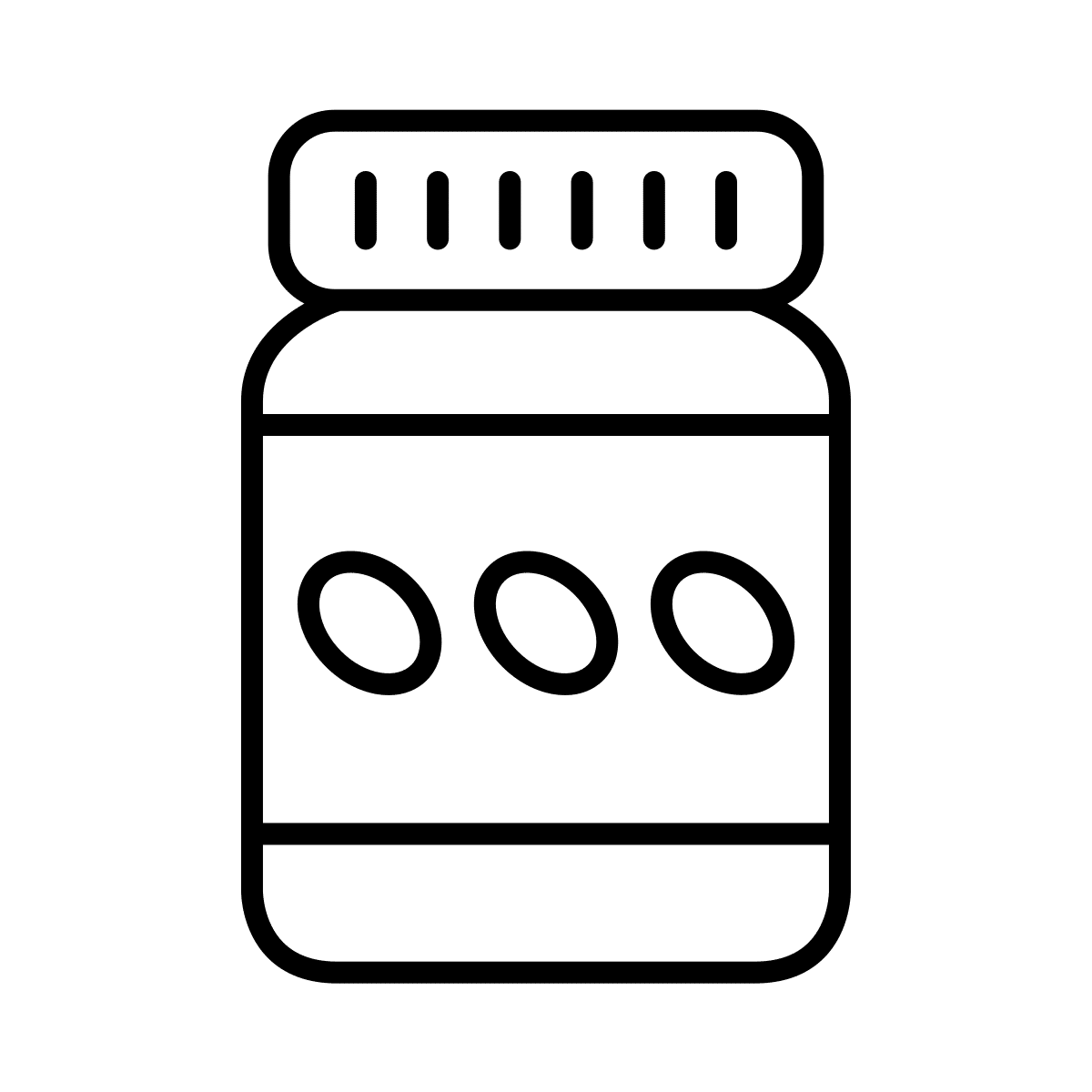Mobile App Statistics
Why a mobile app?
Curious why top brands invest in mobile apps? Wondering if it’s worth it when mobile websites work just fine?
We’ve gathered the latest insights from leading research companies on the impact of adding a mobile app to the mix.
Why big brands have apps
Apps drive shoppers through the Purchase Funnel
In the ultra-competitive eCommerce landscape, brand loyalty is everything. That’s why leading brands use mobile apps as their secret weapon. Apps outshine mobile sites at every stage of the funnel, driving more repeat visits, higher conversions, and bigger spends—all while slashing costs.
Don’t just compete—dominate. Connect with your top customers now.

Reach
Mobile sites have highest traffic, but lowest conversion
In 2024, mobile traffic hits 80%, but conversion still trails desktop. The fix? Mobile apps—research shows they drive extra sales and boost LTV.
Reach
Mobile has highest traffic…
In 2016, mobile traffic surpassed desktop for the first time, and by 2024, it dominates eCommerce and retail, accounting for as much as 80% of all traffic. Mobile phones have become the go-to for browsing and shopping across the globe. (Statista, 2024)
Reach
…but the lowest conversion
But high traffic doesn’t guarantee high sales. Mobile sites lag behind desktops in conversion due to clunky navigation and slow load times. It also results in higher cart abandonment. Mobile apps, however, crush it with the highest conversion rates of all channels. (Criteo, Statista, Statista, SmartInsights)
Engage
Apps outperform mobile sites in engagement
When customers download the app—about 30% of your base—they’re not just browsing; they’re sticking around 10X longer. With perks like push alerts, smooth navigation and cool AR features, apps make browsing way more engaging than mobile sites. (JMango360)
Engage
30% of customers download the app
About 30% of your customer base will download the app (app adoption rate) for VIP offers, a seamless experience, and loyalty perks. Push alerts and a sense of brand community make apps 75% more popular than mobile sites, according to Criteo.
Engage
Screen-time increases up to 10X
Screen time in your app can soar up to 10X compared to mobile sites. With more options for loyalty—from in-app exclusives to extra content—apps offer a richer experience and are the best way to connect with your customers. (JMango360)
Engage
Push Notifications: Best Performance as Email Declines
With a 60% open rate and 15% CTR, push notifications deliver unbeatable engagement at zero cost. As traditional channels like email decline (15% open rate, 5% CTR), push stands out as the smart, cost-effective choice, especially compared to SMS, which costs $1,000 per 100,000 users. (Omnisend)
Engage
Product views increase by 286%
Criteo reports that users view 286% more products in apps than on mobile sites—22 per session in apps versus 5.7 on sites. This happens because apps are faster, offer personalized recommendations, and have smoother navigation, keeping users hooked and browsing more. (Criteo)
Convert
Conversion rate on apps is 3x higher
Retain
Higher average order value
Mobile apps typically boost average order value (AOV) by about 10% to 30% compared to websites. Ecommerce app users spend around $95 per transaction, while website users spend about $73. This increase is due to personalized experiences and incentives in apps. (JMango360, Criteo)
Retain
The Impact of Mobile Apps on ARPU and LTV
Retain
Mobile apps drive ARPU
Various reports shows that mobile apps make much more money per user than mobile sites. On average, app users bring in 3.5 times more revenue, with an ARPU of $4.30 versus $1.22 for mobile sites. (AppsFlyer, Inappstory)
Cost Reduction
Mobile apps reduce CaC
Mobile apps don’t just increase sales, they also reduce acquisition costs. Why? Because app users are more loyal, spend more, and require less ongoing marketing. The cost to extra revenue goes down. Paid ad costs decrease when customers access the app directly, rather than through branded ads in browsers.
Decrease costs
The cost of acquisition goes down
According to Forrester, the CAC for mobile apps is about 20% lower than that for mobile sites. This is because apps foster higher user loyalty and repeat purchases, reducing the need for continuous marketing spend to acquire new customers.
Decrease costs
18% less paid traffic vs mobile site
Launching a mobile app can significantly reduce paid advertising costs. While 25.25% of website traffic comes from paid ads, it’s only 7.16% for mobile apps—an 18.10% difference. Why? Many loyal customers search for your brand and click on paid ads. With an app, they skip the browser and go directly to the app, lowering your paid acquisition costs. The outcome: Reduced costs, more effective ad spend, and a focus on acquiring new customers instead of paying for existing ones. (JMango360)
Profitability cycle
Brands increase their profitability
Apps boost loyalty, spending, and retention while cutting costs, often doubling e-commerce margins.This extra profit fuels new customer campaigns, creating a profitability cycle that keeps widening the gap between you and your competitors.

Calculate your profit
App Revenue Calculator
Mobile apps drive incremental sales and brand loyalty. Especially in verticals with high repeat orders, like fashion, cosmetics and FMCG. But is an app right for you? Use our tool to calculate how much revenue an app could generate for your business.

Why JMango360
Your app, your way. Ready within weeks.
Experience the perfect blend of custom and convenience—your brand’s mobile app, fully tailored to your needs. It’s launched within weeks thanks to +40 integrations and ready-made features. Expect ongoing app marketing support. All for a flexible monthly plan.

Go for premium, nothing less.
Get in touch and let’s discuss what an app can do for your business.





